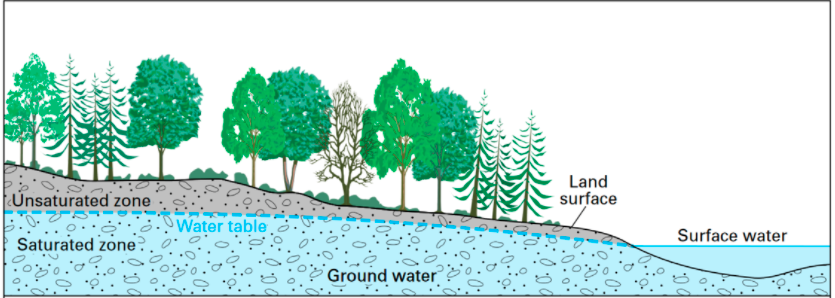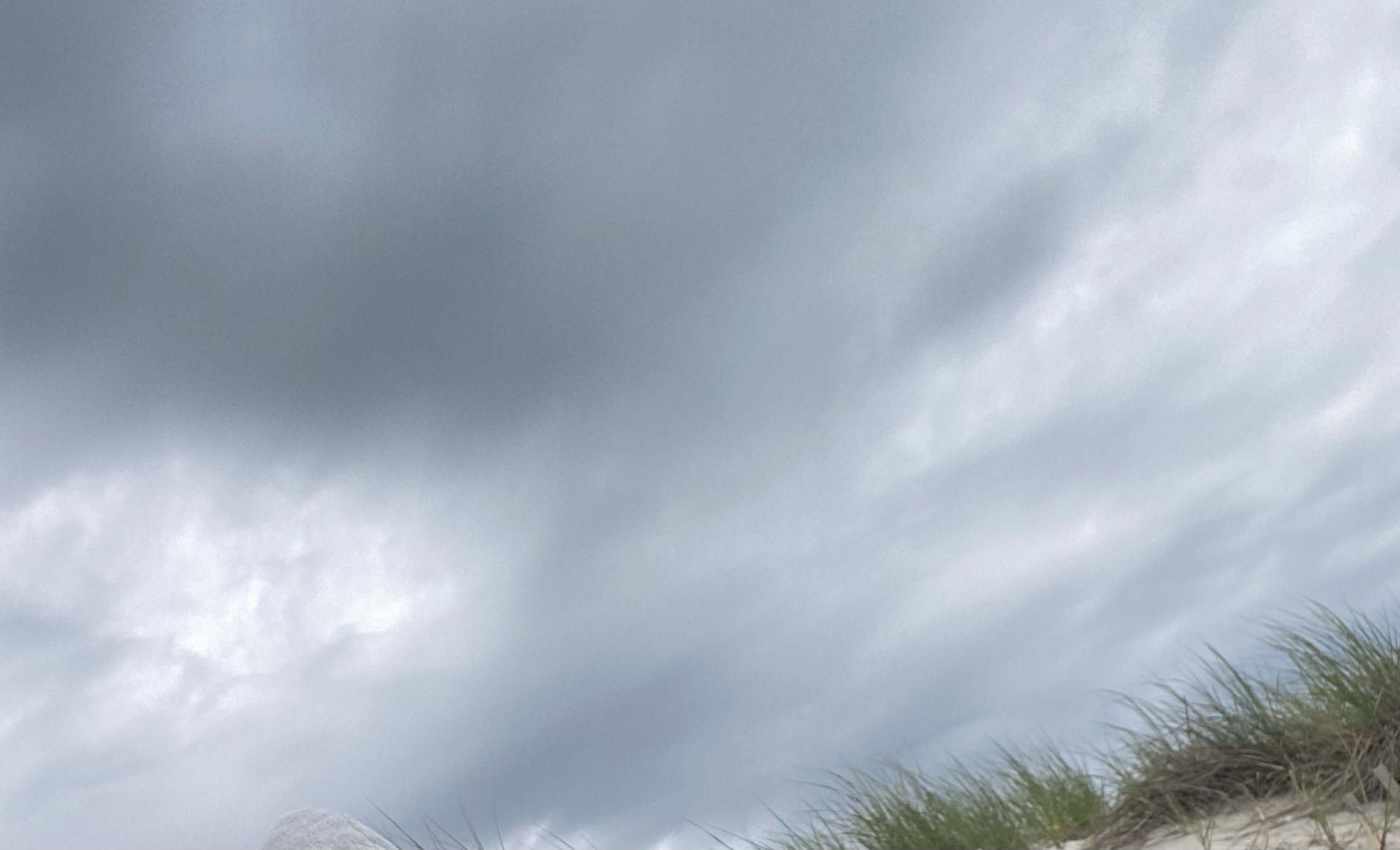Rainwater: The Good and The Bad
Here at the Pine Barrens Society, we prioritize clean water. Perhaps you’ve seen our work protesting the development of “The Hills” luxury golf resort that would hinder our water quality, or our advocacy work to vote in favor of the Drinking Water Protection during this last election. But, sometimes our water quality can face issues that are not direct human impacts. While typically beneficial, rainwater can also have many negative effects on our water quality. So, what does this mean during a summer that has broken precipitation records on the east coast?

Aquifer Visual Source:USGS
First, The Bad News…
If you don’t already know, Long Island gets its drinking water from an underground aquifer system. Rainwater has both positive and negative effects on our aquifers. The greatest risk posed by rainwater is that it carries pollutants into our water supply. Rain cannot travel through paved surfaces, so it flows over these surfaces and picks up debris, bacteria, pesticides, and other pollutants. Eventually this runoff reaches a body of water or open space which does allow water to percolate through to the aquifer. Thus, runoff leads to contamination of our clean water. Other detrimental side effects of heavy rainfall include: risk of flood, soil erosion, and destruction to crops.
The Bright Side of Heavy Rainfall
Heavy precipitation is not all bad! In fact, we rely on precipitation to replenish our groundwater. As individuals, we can also take advantage of the rainfall by rain harvesting. Rain harvesting is the practice of capturing rainwater for later use. Certain parts of the world, such as the Caribbean islands, depend on rainwater harvesting for everyday use. Many homes have limestone roofs that drain rainwater to tanks stored in their basements which they use to shower, brush their teeth and more. However, Long Island homes do not come with these systems, so what can we do? We can take advantage of rainwater by leaving barrels outside to capture the rain and use the collected rainwater in our gardens and to wash our cars, thus conserving water and energy. Staying aware of weather forecasts to avoid watering our lawns on days with expected rain will also help conserve water.
By Miranda Gonzales, Long Island Pine Barrens Society
Sources:
https://www.bbc.com/news/magazine-38222271



